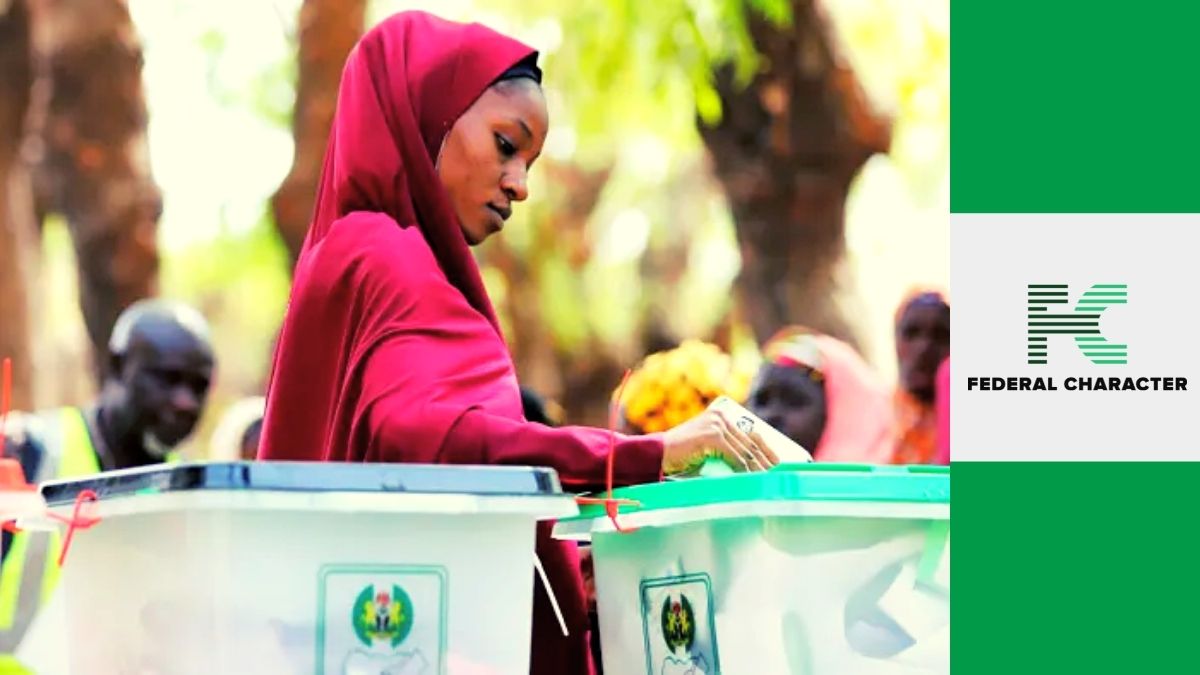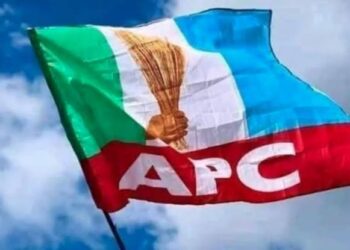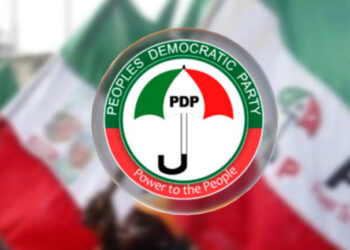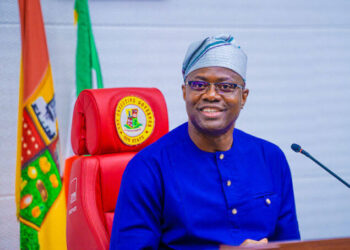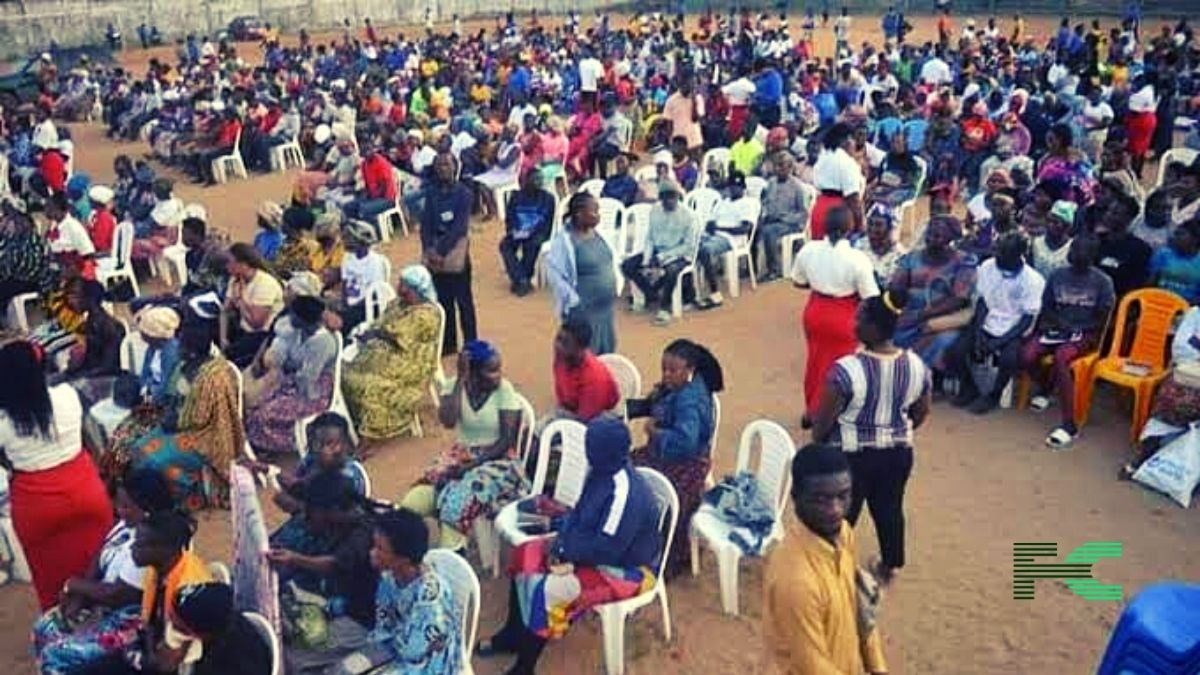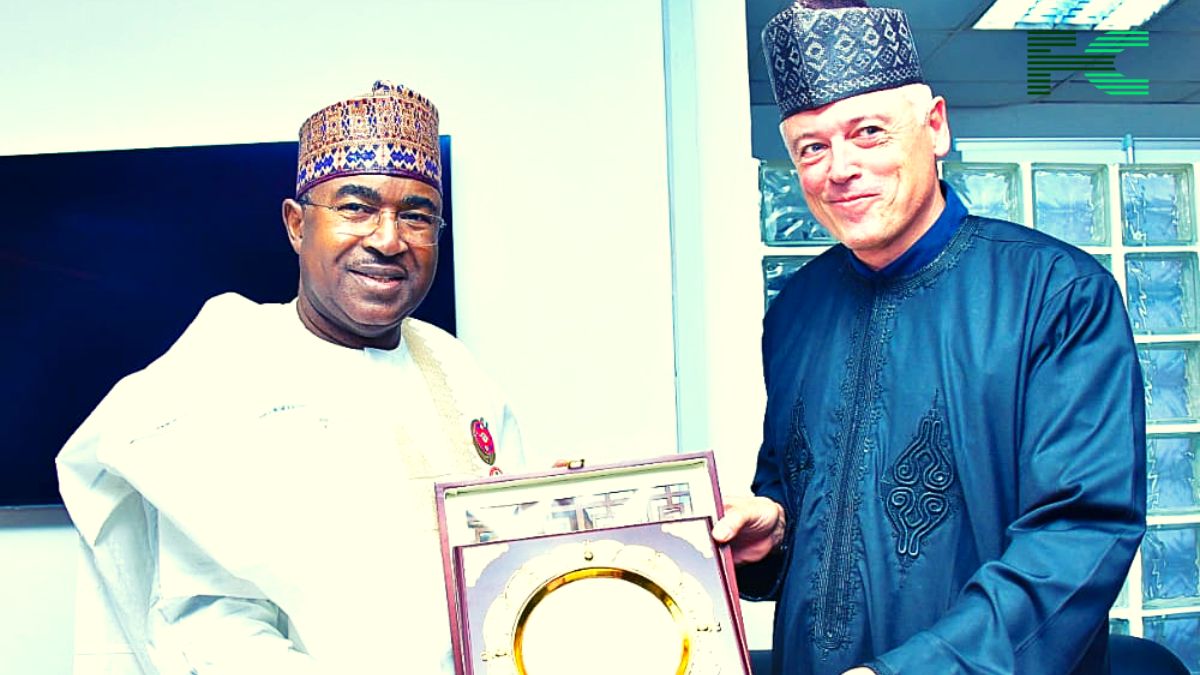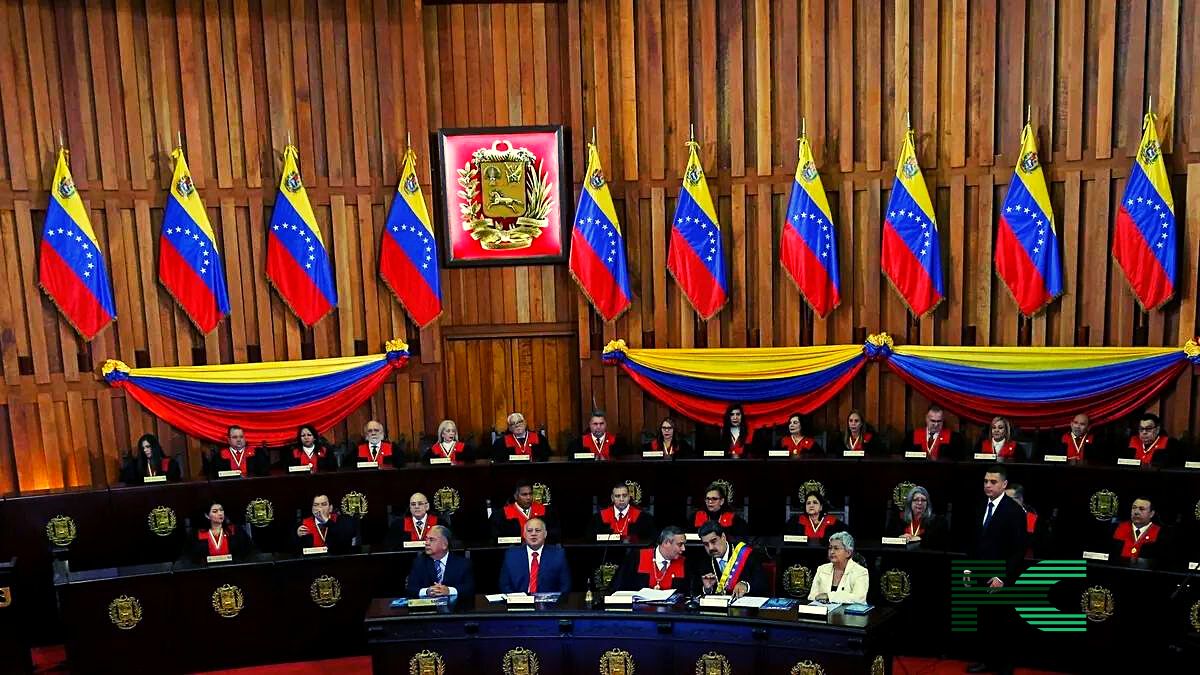Every clearheaded Nigerian citizen is aware that the country’s political climate is in a gloomy, nebulous, and egregious state. Our electoral system is filled with so much irregularities and this makes our democracy to be on the verge of collapse.
This circumstance which foretells a downfall of our democracy can be mostly attributed to some megalomaniacs, that is individuals who are madly in love with power and would go to any length to attain it, and the electorates, who are moppets in the hands of their leaders that use them to gain power, and who willingly sell the development of their community for a proverbial “mess of pottage’’.
Some of the electorates are self-centred and do not sit down to actually think what the future of their community and the nation at large would be like with their actions.
There is no doubt that corruption is endemic and entrenched in our society. It will be impossible to make positive social change until our behaviour changes. Corruption only leads us farther away from the progress we desire and deserve.
The media have on several occasions given us a detailed account of excruciating situations that have befallen our electoral system. They have shown us how flawed our electoral system is due to the occurrence of electoral fraud, electoral violence and purchase of citizen votes during elections. It has become a norm to witness any of these situations during elections, and they have been handled with so much levity by the successive civilian governments we have had in this country.
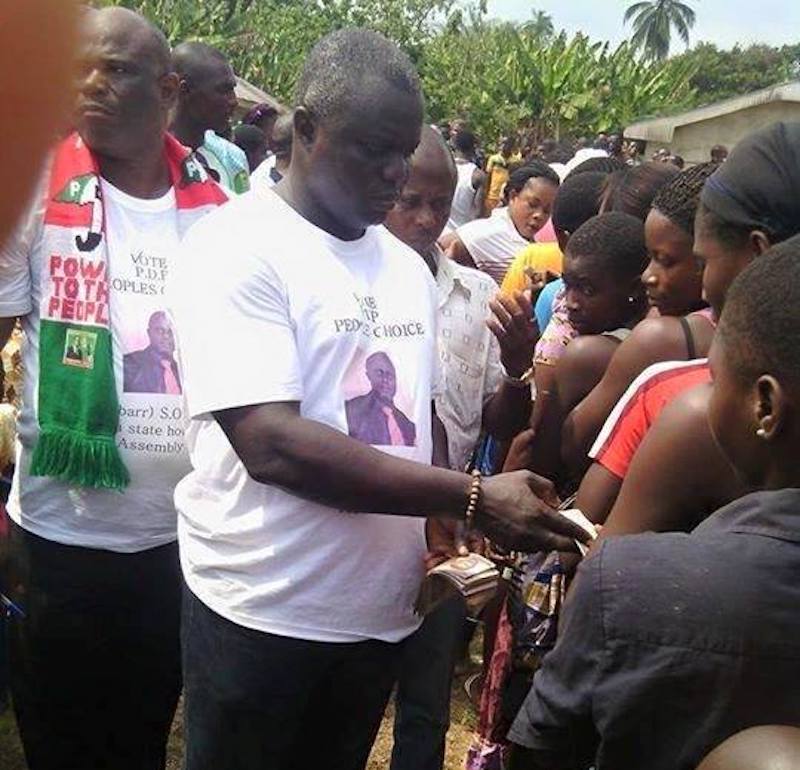
As it is now, the political development of Nigeria seems to be at stake as no one is chanting for some of these electoral reforms in the country, and also, the possibility of it being brought to reality does not lie in our classical, old school politicians. As a multi-nation state, Nigeria’s development has been affected by the country’s political structure. If Nigeria is to advance toward sustainable development, it must reshape its political structure.
Overhauling our political climate will not only give the masses a better political behaviour, but will also possibly breed good leaders as people will be able to make the right choice based on the capacity of the individual that would enable the desired societal change.
In Nigeria today, we are practising a “cash and carry” democracy. This is how it has been since we returned to democratic rule in 1999. You sell your vote and you get a little stipend. In some situations, you get food and clothing. And a year after the deed has already been done, those who engaged in the act cry foul when the culmination of their actions is lack of communal development after they had actually sold it for the amount of cash that wouldn’t sustain them even for a week. In the next decade, we won’t go anyway far as a nation if we continually walk in this path.
Today, the tradition of vote buying still continues to be a pervasive one. Funny enough, laws that would never be obeyed or adhered to by many politicians were made. When the Electoral Act was amended in 2010, vote buying was prohibited. Also in 2018, the Code of Conduct for Political Parties was revised, and all parties were warned to abstain from vote buying. These laws made to criminalise vote-buying in the country during the Goodluck Jonathan and Muhammadu Buhari Administrations were just for publicity stunts, as there were no stringent measures set to implement it.
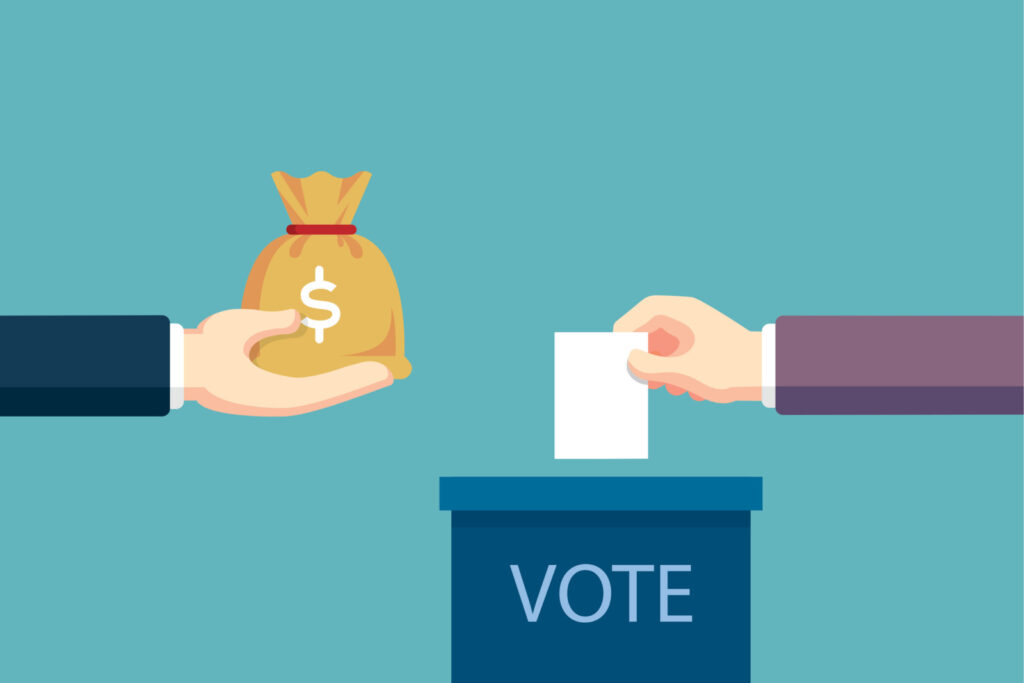
A major reason why people usually sell their votes during elections is because they lack proper political orientation and civic education. This mostly occur in rural areas where vote buying is by far more prevalent than in urban and sub-urban areas.
As they say, an idle mind is the devil’s workshop. Politicians prey on the psychology of people who are ignorant of their rights and who cannot distinguish what’s right and wrong in politics, by giving them benefits, and promising them more which would come (and may never come), if voted into power.
Look at the video on the 2021 Anambra Governorship Election that surfaced on the Internet. I felt dismal when I saw people who were selling their votes to several political parties, most especially to the big dogs (APC and PDP).
When it comes to political mobilisation, no organisation has done it better in sensitizing and mobilising the masses against selling their votes than BudgIT Nigeria. They have always campaigned on the value of a citizen’s vote, and the values to vote for in a candidate. BudgIT Nigeria have worked tirelessly to ensure that true democracy is being practiced in Nigeria.
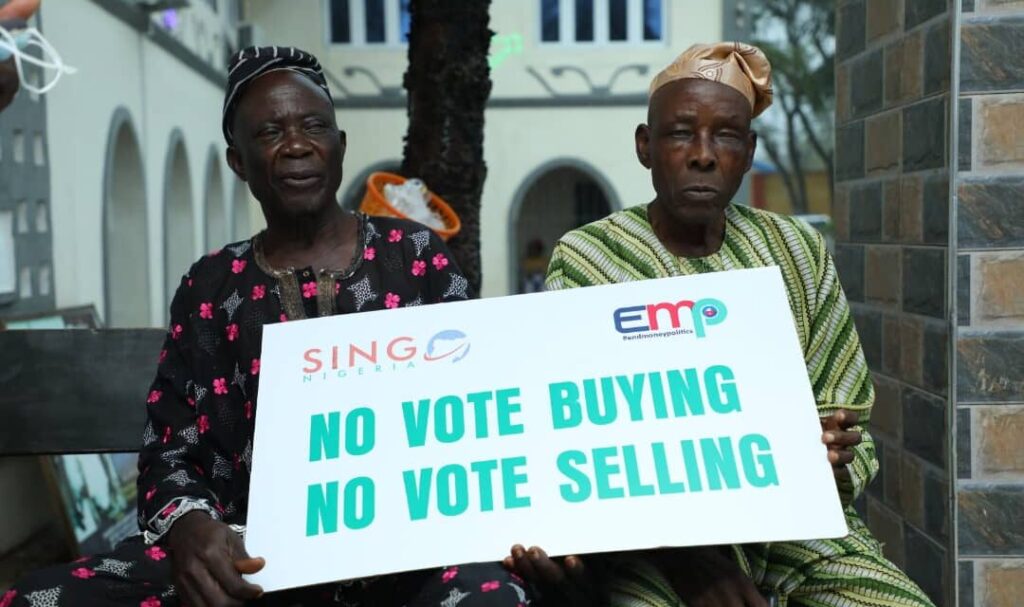
As for the case of electoral violence in the country, most of the thugs who obey the call of their political masters to cause devastation during elections are not educated on their civil obligations, neither have they received proper political orientation. If much effort is put into sensitizing this kind of people, most especially the youths who need a radical change in their political behaviour, havoc during elections would be minimal or non-existent.
Will the present administration do something about this? Will the next government that would emerge after the 2023 elections do something to deescalate this? If our leaders did play politics with ideology, a lot would have been done to change the course of party politics in the country.
Programmes centred on political education would have been institutionalised and intensified.
But they do not want to because they are more focused on maintaining the status quo than disrupting it due to the benefits it will bestow gratuitously to them.
If the political climate of our country should be effulgent, then we need selfless leaders that would advance and bring about the radical change that is befitting for the country’s political system.

